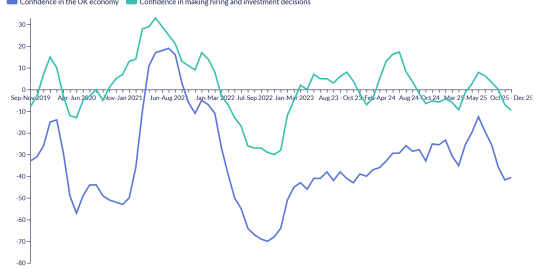Recruitment is not easier despite the increase in candidates
Recruiters wary of ëstop-gapí applicants
More than half of employers lack full understanding of job role requirements
Despite unemployment being at its highest level since 1995, recruiters are still struggling to identify the right people for their organisations, according to research by SHL, the global leader in talent assessment solutions in the workplace. Almost half (41%) of the recruiters questioned say that the number of applications per job has increased since the start of the recession, yet only 23% have actually found it easier to find suitable candidates.
The survey of more than 350 recruiters found that 36% have been taking longer to recruit because of the recession, with the majority stating that this is because there are more candidates. Almost two thirds (60%) have also become more selective, with a third of these (35%) saying they are looking for the best people to help their organisation survive the tough economic conditions.
Many employers are also wary of candidates looking for a stop-gap until the job market improves, rather than a job that is actually right for them – a fifth say this is the case. Furthermore, their concerns seem to be well-founded with a recent SHL survey of employees showing that 18% had taken a job in the last year that was not in line with their expectations.
Due to the increase in candidates, recruiters are being more selective about experience (69%), competencies (61%), enthusiasm (46%) and fit with company culture (42%). Additional methods of selection have been brought in by two thirds of those questioned including competency interviewing (32%), trial periods (26%), additional interviews (21%) and psychometric testing (13%).
However, despite these measures more than half (53%) of the recruiters questioned said they do not have a clear understanding of what roles within their organisation require in terms of behaviours and skill sets. It is possible that this is compounding the problem and making candidate-to-job fit even harder to attain.
David Leigh, CEO of SHL, commented on the findings: ìWhile it may seem that recruiters currently have the pick of the talent due to the increase in jobseekers, it appears that this is not necessarily the case. Not only has the sheer number of applicants made it difficult for employers to identify the best candidates, but many employers do not appear to have an understanding of the skills and competencies they actually need. At such a competitive time when every employee can make a difference, organisations must spend longer clarifying the type of candidate they need and then assess applicants with this in mind – this will give them a much better chance of being successful.î
SHL has recently announced a revolutionary breakthrough in personality assessment, with the launch of the next generation of its internationally recognised Occupational Personality Questionnaire, OPQ32. The new product, known as OPQ32r, uses the latest advancements in test theory to deliver an assessment that is twice as fast to complete as the previous version, as well as being more precise.
Employers struggle to find talent despite increase in jobseekers

Despite unemployment being at its highest level since 1995, recruiters are still struggling to identify the right people for their organisations




